Performance Air Filters: Mitigating Dust, Enhancing Breatheable Environments
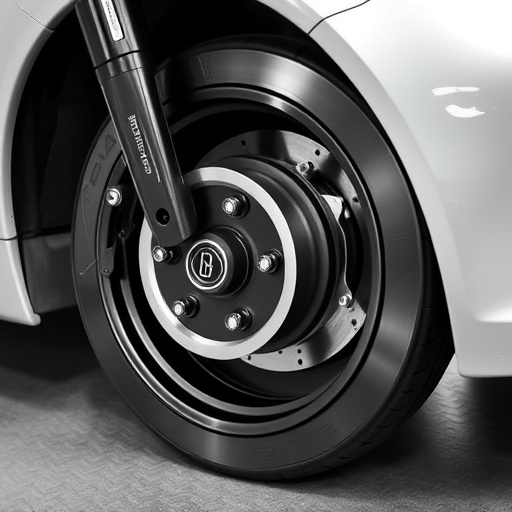
Dusty environments pose risks to human health and equipment functionality. Standard air filters are…….
In today’s world, where indoor air pollution is a growing concern, performance air filters have emerged as a powerful tool for improving air quality. This comprehensive article aims to delve into the intricacies of performance air filters, exploring their design, applications, global impact, and future potential. By the end, readers will grasp the significance of these advanced filtration systems and their role in creating healthier environments.
A performance air filter, at its core, is a device designed to improve indoor air quality by capturing and removing airborne pollutants. Unlike traditional filters, these innovative solutions are engineered to provide superior filtration efficiency while minimizing airflow restrictions. They are typically used in residential, commercial, and industrial settings to ensure clean and healthy air.
Core Components:
The concept of performance air filters has evolved over time, driven by increasing awareness of indoor air quality issues. Early attempts focused on simple mechanical filters, but advancements in materials science and engineering have led to more sophisticated designs. Today, these filters are a critical component of heating, ventilation, and air conditioning (HVAC) systems, ensuring cleaner air for occupied spaces.
The impact of performance air filters is not limited to any single region; it is a global phenomenon. With rising awareness about the health benefits of clean indoor air, demand has surged worldwide. According to a report by Market Research Future (MRFR), the global air filter market, encompassing various types including performance filters, is projected to reach USD 42.7 billion by 2025, growing at a CAGR of 9.6% during the forecast period (2018-2025).
Regional Trends:
The performance air filter market is a dynamic sector, influenced by various economic factors. Here’s an overview:
Innovation is a driving force behind performance air filters, leading to continuous improvements in design and functionality. Here are some notable technological advancements:
| Advancement | Description | Impact |
|---|---|---|
| HEPA (High-Efficiency Particulate Air) Filters | Highly efficient media capable of capturing 99.97% of particles as small as 0.3 microns. | Provides superior protection against allergens, pollutants, and even coronavirus particles. |
| Carbon Filters with Activated Carbon | Carbon filters enhanced with activated carbon, known for its high adsorption capacity. | Effectively removes volatile organic compounds (VOCs), odors, and gases, improving overall air quality. |
| Electrostatic Precipitators (ESPs) | Utilizes electric charges to attract and capture particles, offering efficient dust collection. | Widely used in industrial settings for large-scale air purification. |
| Smart Filters with Sensors | Filters equipped with sensors that monitor air quality and adjust filtration intensity accordingly. | Optimizes energy usage and ensures continuous clean air without over-filtration. |
| Nanofiber Technology | Utilizes ultra-fine fibers (nanofibers) for exceptional particle capture at the nanoscale level. | Offers high efficiency against submicronic particles, including bacteria and viruses. |
Governments worldwide play a crucial role in shaping the performance air filter industry through various policies and regulations. These measures ensure product safety, environmental protection, and consumer rights.
Despite their numerous benefits, performance air filters face certain challenges and criticisms that require addressing:
Strategies to Overcome Challenges:
Case Study 1: Smart Building in Singapore
A prestigious office building in Singapore implemented a cutting-edge HVAC system with advanced performance air filters as part of its smart building initiative. The project aimed to create a healthy and energy-efficient workspace. By using high-efficiency filters, including HEPA and carbon models, the building achieved remarkable results:
Case Study 2: Hospital Air Quality Improvement (USA)
A major hospital in the United States faced challenges maintaining air quality standards in its intensive care units (ICUs). They partnered with a leading filtration manufacturer to implement a customized solution. The result was impressive:
The performance air filter market is poised for significant growth and transformation, driven by emerging trends and technological innovations. Here’s a glimpse into the future:
Performance air filters have evolved from simple mechanical devices to sophisticated solutions that play a pivotal role in creating healthy indoor environments. Their global impact is evident, with demand growing across diverse markets. As technology advances, these filters are becoming smarter, more efficient, and accessible. By addressing challenges and embracing new opportunities, the industry can ensure clean air for generations to come.
Q: How do performance air filters differ from standard filters?
A: Performance air filters offer significantly higher efficiency, capturing smaller particles and pollutants that standard filters may overlook. They are engineered for specific applications and environments, ensuring optimal airflow while maintaining superior filtration.
Q: Are these filters necessary in homes with good ventilation?
A: While proper ventilation is essential, performance air filters provide an extra layer of protection against microscopic pollutants that can’t be removed by natural air circulation alone. This is especially beneficial for individuals with allergies or respiratory conditions.
Q: How often should I replace my performance air filter?
A: Filter replacement frequency depends on usage, environment, and manufacturer recommendations. As a general guideline, consider replacing filters every 3-6 months, or as indicated by your system’s smart sensors (if equipped).
Q: Can performance air filters improve air quality in industrial settings?
A: Absolutely! In fact, they are often essential in industries where workers are exposed to hazardous particles and gases. Advanced filtration systems help maintain a safe and healthy workplace environment.
Q: Are there any environmental concerns related to these filters?
A: While some materials used in performance air filters may have an environmental impact, industry efforts are focused on developing eco-friendly alternatives and promoting recycling initiatives to minimize waste.

Dusty environments pose risks to human health and equipment functionality. Standard air filters are…….
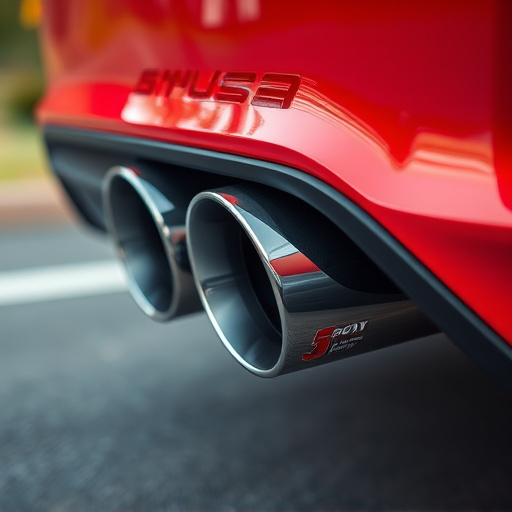
Regular visual inspections and airflow measurements are crucial for identifying a clogged performanc…….

Performance air filters last 25,000-50,000 miles, depending on driving and environmental factors. Re…….
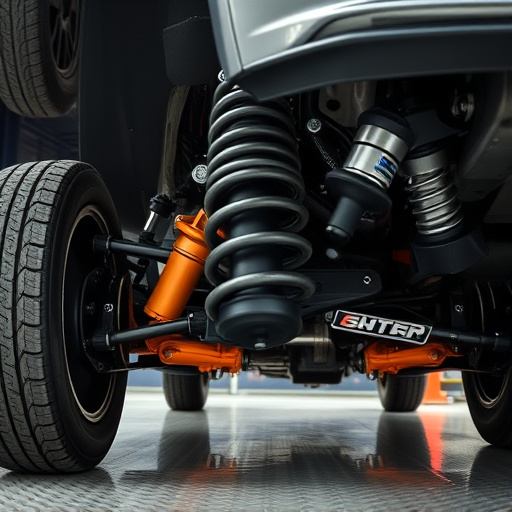
Performance air filters enhance vehicle efficiency but vary by make, model, and driving habits. Inst…….
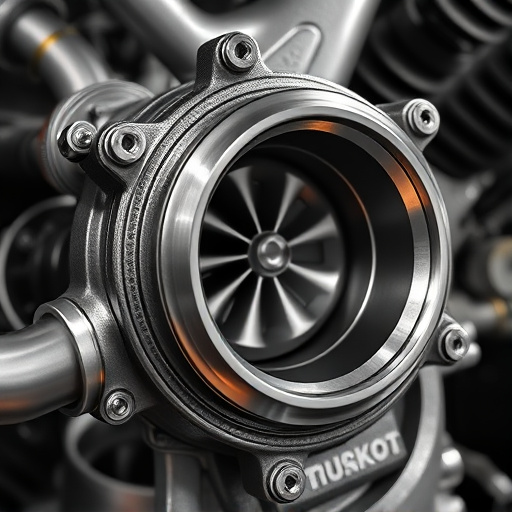
A performance air filter optimizes vehicle health and passenger comfort by filtering pollutants and…….
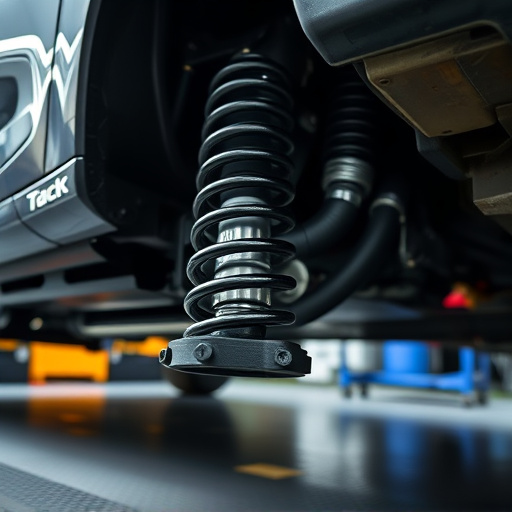
Performance air filters can significantly alter air intake sound levels, affecting both driving expe…….
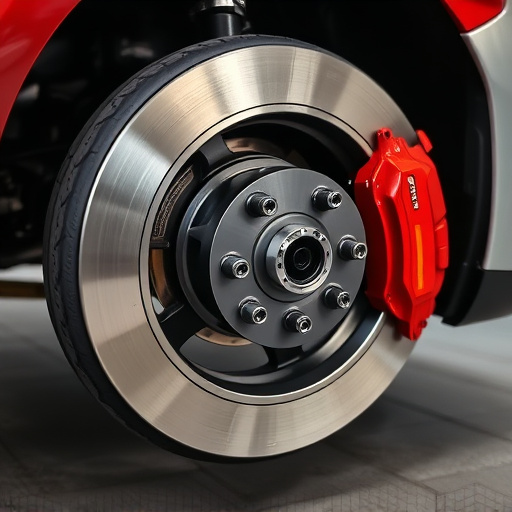
Performance air filters enhance engine efficiency by maximizing airflow and optimizing oxygen-fuel r…….

Performance air filters enhance engine power by allowing clean air into combustion chambers, trappin…….
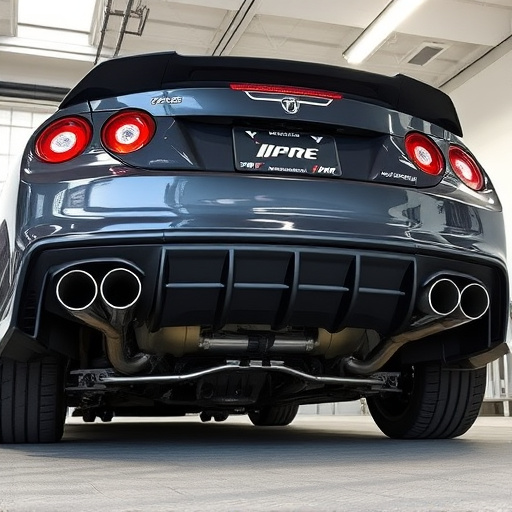
Understanding performance air filters before installation is vital for engine enhancement and warran…….
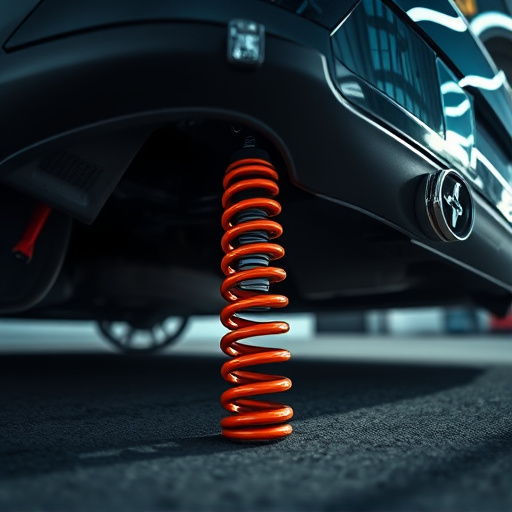
Performance air filters enhance throttle response, fuel efficiency, and engine health by increasing…….